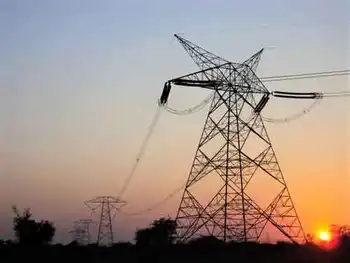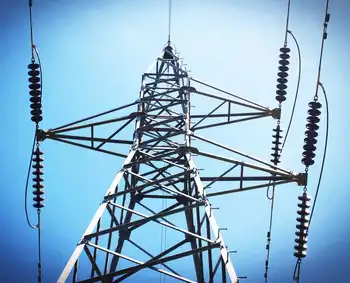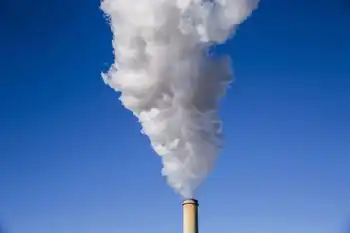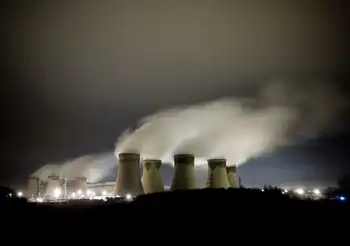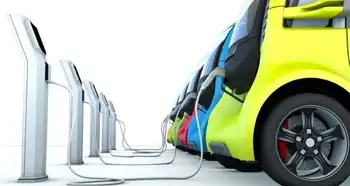U.S. keeps climate goal despite setback
By Reuters
Arc Flash Training CSA Z462 - Electrical Safety Essentials
Our customized live online or in‑person group training can be delivered to your staff at your location.

- Live Online
- 6 hours Instructor-led
- Group Training Available
Todd Stern told Reuters a U.S. proposal, made last year ahead of UN climate talks, to reduce emissions roughly 17 percent by 2020 compared to 2005 levels or 3 percent from 1990 levels was still on the table.
"We're not moving away from what we submitted last year," Stern said in an interview.
Stern's comments were meant to reassure international counterparts after the U.S. Senate dropped efforts to put emissions curbs in an energy bill that is now focused narrowly on reforming offshore drilling.
The House of Representatives passed a bill with emissions limits last year, but it cannot become law without a similar initiative in the Senate. With November congressional elections looming and Republicans largely opposed to climate curbs, that is unlikely to happen this year.
Lack of legislation complicates life for Stern, who represents the United States at international climate change talks. A climate law would have given the U.S. position a "positive shot in the arm," but the fundamentals of global negotiations would not change without it, Stern said.
"I talked with one country recently and they asked me, 'Well, now that the Senate didn't pass a bill, what's the U.S. going to put on the table?'" Stern recounted.
"And I said, 'You know, it's on the table. We put it on the table last year. We're not backing away from that.'"
Stern said a combination of regulation and legislation would help achieve the U.S. goal but he declined to lay out specifics to quantify how the reduction target would be met.
President Barack Obama remained committed to tough energy and climate change legislation, he said, and Stern did not rule out the possibility that bill could advance next year.
"The president has made it perfectly clear that he continues to be very significantly committed to the goal of getting significant energy and climate legislation done," he said.
The November 2 elections could complicate that. If Republicans take control over one or both houses of Congress, Obama, a Democrat, would have even less likelihood of passing a bill that the opposition party has equated with an energy tax.
The Obama administration has said the Environmental Protection Agency could regulate greenhouse gas emissions if necessary, but legislation is still its preferred option.
Senate Republican Leader Mitch McConnell, speaking to Reuters in an interview, highlighted Republican disapproval of such an option: "For the administration to take on a national energy tax in effect by regulation is politically reckless," he said. "There's bipartisan opposition to putting clamps on our economy in this way."
A law would have been the preferred option for international negotiations as well, though Stern said the global talks would not change with or without a U.S. law.
"The fundamental issues of the negotiation... haven't changed. And they wouldn't change if the legislation were done yesterday and they don't change with the legislation not yet done, although the kind of atmospherics of the discussion, I think, are different," he said.
Stern said he did not think the lack of a U.S. law would dramatically affect China's position in the climate talks.
Going forward, Stern said at least one more Major Economies Forum, which groups the world's biggest economies to talk about climate, was in the works, though no dates were set. Climate was likely to be discussed on the sidelines of the upcoming UN General Assembly meeting as well.
A formal follow-up to last year's chaotic climate talks in Copenhagen is scheduled for November 29-December 10 in Cancun, Mexico.
"We want a real result in Cancun, which I don't think is necessarily true everywhere," Stern said, adding some countries viewed the Mexico talks as a stepping stone for a more ambitious set of negotiations in 2012 in South Africa.
"We really agree with the Mexicans that this should be a significant meeting."





